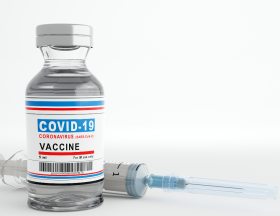The first African producer of black gold aims to increase its reserves and its production to 40 billion barrels and 3 million bpd respectively, by the mid-2020s. Objectives which seem unattainable due to the recurrence of structural problems.
The Nigerian oil sector will not see peaceful days in 2022. This was announced on January 10 by S&P Global Platts, an independent provider of information and analysis for the energy and raw materials markets.
According to a recent report released by the firm, ongoing field and pipeline issues added to fiscal stress and insecurity in the Niger Delta are likely to continue to threaten Nigeria’s oil production growth prospects in 2022.
In addition, the analyst maintains that the trend of disinvestment by international oil companies engaged in the country is likely to continue. An opinion shared by Abiodun Adesanya, managing director of Degeconek, an oil-focused consulting firm based in Lagos. The latter expects “ the oil majors to withdraw from certain assets because things are not working as they should ”.
It should be noted that at present, the petroleum law adopted in 2021 is far from meeting the expectations of players in the Nigerian petroleum industry. According to S&P Global Platts, although the Petroleum Industry Act (PIA) is of definite benefit to the country, government officials lack the professionalism to implement it. The PIA, which has been delayed for a long time, may therefore not provide the necessary support to the oil sector.
Furthermore, the coronavirus pandemic and accelerating energy transition do not bode well for the fossil fuel sector in Nigeria which is desperate to revive its exploration and production programs. A situation that could jeopardize the wholesale development of oil projects such as Shell’s Bonga Southwest/Aparo, TotalEnergies’ Preowei and ExxonMobil’s Bosi.
According to the Nigerian Upstream Petroleum Regulatory Commission (NURPC), these projects may never be developed despite having the potential to add a total of around 400,000 bpd to Nigerian oil production.
































Réagissez à cet article